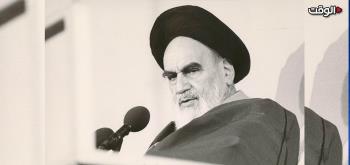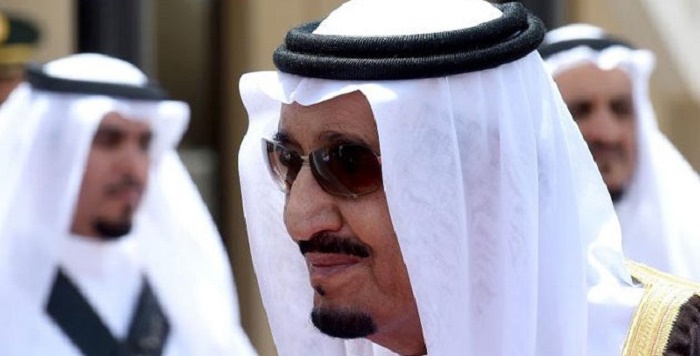Alwaght- Saudi Arabia's King Salman in new royal decrees has made some changes to the country's Council of Senior Scholars, dismissing the conservative religious scholars and appointing new and close-to-the-ruling-family figures instead in a bid to pave his son Mohammed bin Salman way to gain further power and public support to press ahead with his social and economic reforms.
Although some say that King Salman's move followed a recent criticism directed by some of the Council’s members against government's cutting the public pays and increasing the costs of the social services, the essence of these changes stems from a will by the king to remove the current independent scholars and further statize this religious body.
One of the new members is Mohammad al-Isa, the former minister of justice and the former member of same council whom the liberals deem a moderate Wahhabist scholar and in favor of demands of reformist voices inside the royal family. Another newly-appointed member of the Council is the Minister of Islamic Affairs and former rector of Imam Muhammad bin Saud Islamic University Suleiman Aba al-Khail, who among the Saudi Twitter users is known to be a liberal figure. Last month, Aba al-Khail in a bitter reprimand said that some Saudi clerics "corrupted the youths' minds."
Although the new replacements give some messages about the nature of relations between the Saudi government and the Wahhabist clerics, and also about attempts that aim at pushing for the third generation of princes in the ruling family to rise to power, Council of Senior Scholars is still under sway of older conservatives like Sheikh Saleh bin Fawzan al-Fawzan as well as Saleh al-Luhaidan who once called for “execution of managers of corruption-promoting media.” After death of powerful and prominent Wahhabist scholars such as Muhammad ibn Ibrahim Al ash-Sheikh, Abd al-Aziz ibn Baz, and Muhammad ibn al Uthaimeen the ground was prepared for this religious body to become further dependent and state-controlled.
The Saudi government in past few years has opened the way of entry of more moderate scholars and presence of thinkers from other branches of Sunni faith into the Council of Senior Scholars. In fact, a look at the bonds between religious authority and the government in Saudi Arabia shows that since establishment of the Saudi government and the unity between Al Saud and Al Sheikh in 1744 Wahhabism has been less powerful in comparison to the government. In recent decades the government determined the duties of the Wahhabist scholars, practically bringing the Council under the government’s bureaucracy, and only in some specialized cases it enjoys relative independence. Actually, the view of Saudi princes to religion is in practice much affected by their instrumental and pragmatic attitude to it, and if conditions become appropriate for challenging the established scholars' power, the liberal princes will waste no time to do so.
It appears that this challenge against the religious establishment has become even more serious in the kingdom in the time of King Salman’s rule, especially that his son Mohammed will possibly ascend to throne after him. In fact, the view that rules mind of Prince Mohammed, his close circle, and a broad spectrum of young Saudi princes is the key issue that the Saudi government must be freed from the yoke of hurdles and traditional and tribal restrictions. According to the Western observers, this trend which eyes stronger relations with the US can push Wahhabism's back to the wall and consequently lead to emergence of an obedient Council of Senior Scholars which more has advisory than operational role.



























